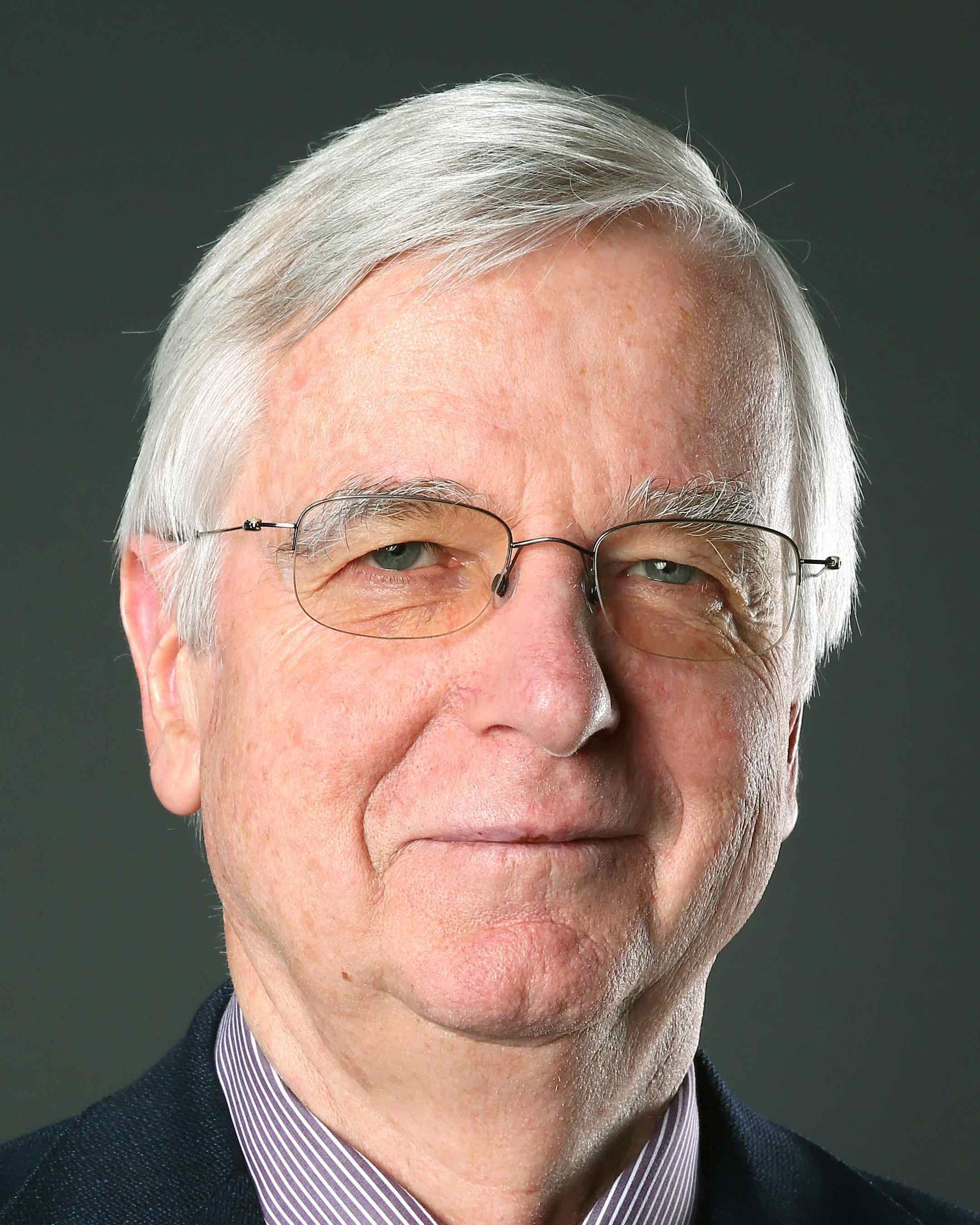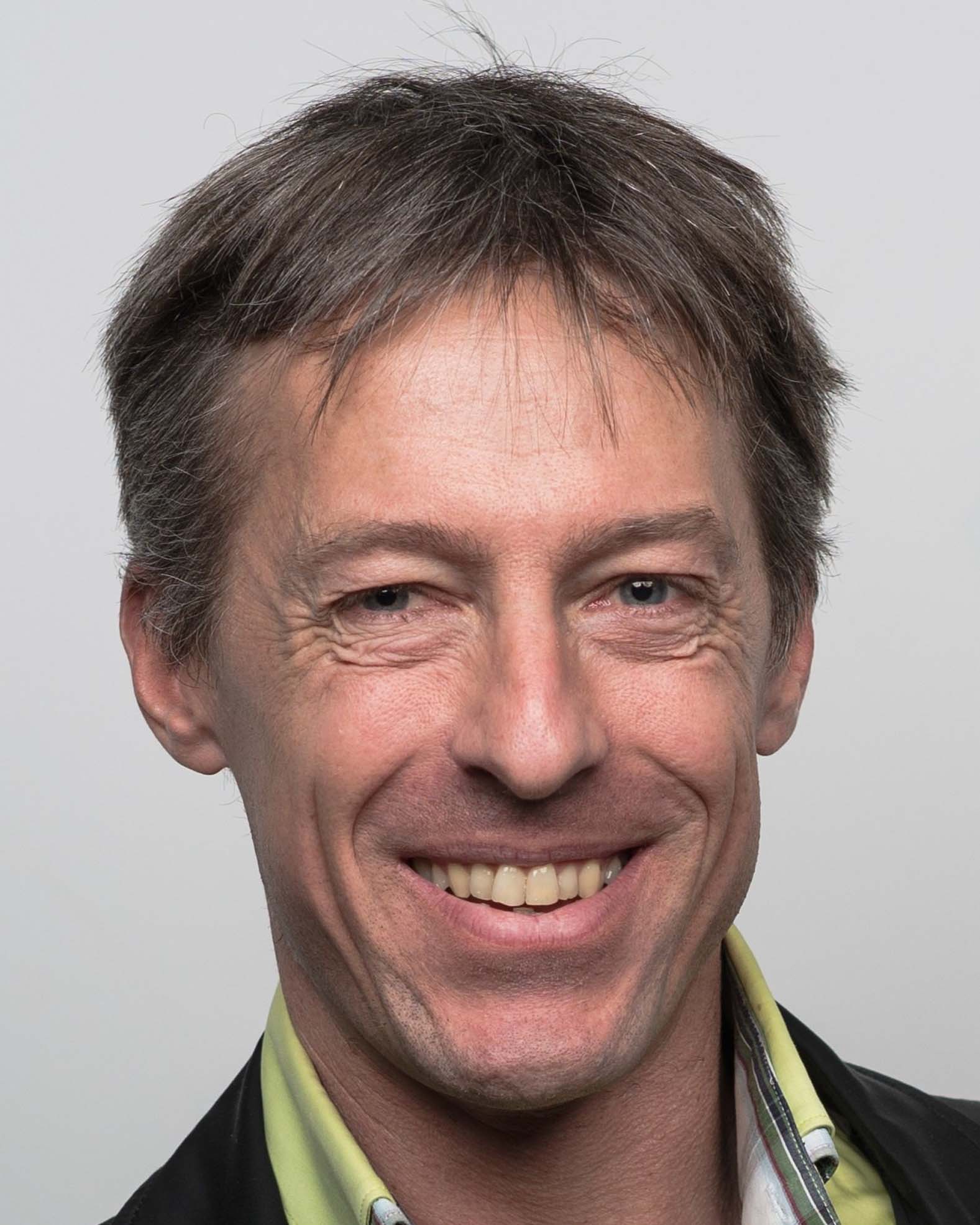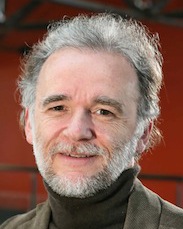Understand the challenges
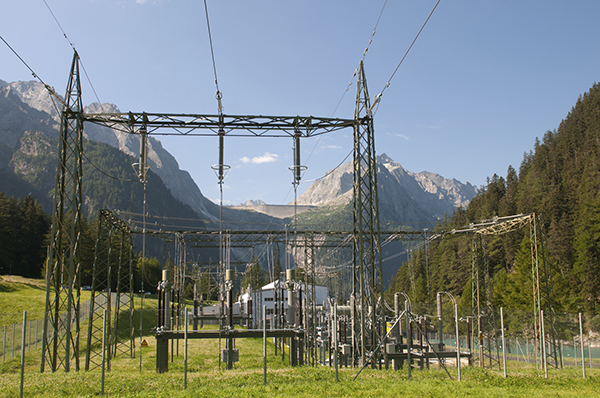
In May 2011, the Swiss government announced its willingness to abandon nuclear energy, a willingness later confirmed by the national parliament. In parallel, it has committed to reduce greenhouse gases emissions. How to do this without affecting the quality of life and the prosperity of Switzerland? Several strategies are possible.
Which option would you choose?
- “Do more with less”, according to the principle of energy efficiency
- Rely on renewable energy sources
- Change our habits in order to reduce our energy consumption
- Build gas power plants in Switzerland
- Exploit underground energy resources, in particular geothermal energy and shale gas
- Increase electricity imports
- Combine these various options
The interactive platform Swiss-Energyscope has been developed with the aim to enable Swiss citizen to understand the challenges of the energy transition so that they can make informed decision, in particular during popular votes.
Swiss-Energyscope has been conceived by the Energy Center and the IPESE group (Industrial Process and Energy System Engineering) of the Ecole Polytechnique Fédérale de Lausanne (EPFL), with the support of SwissEnergy, the Canton of Vaud and the “Fonds pour l’efficacité énergétique” of the City of Lausanne.
Four tools to decide
The calculator
Which energy strategy would you choose for Switzerland? Thanks to the energy calculator, create your own energy scenario and discover its implications for Switzerland.
Courses for all
Short presentations, developed by EPFL specialists, will allow anyone to understand the challenges and issues of the Swiss energy transition. (Available in French and German only)
100 Questions and as many answers
Potential of renewable energy sources, risk of energy supply shortage, relevance of the electric car, 2000-watt society… all the answers to the questions you asked yourself about the energy transition. (Available in French and German only)
The book
This book groups together the above 100 questions and answers. It is available online as an eBook and published as a pocket book. It is co-autored by François Vuille, Daniel Favrat and Suren Erkman. (Available in French and German only)
The energy transition
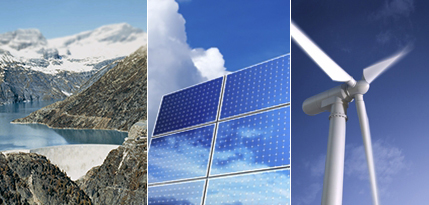
The energy transition has begun; it will continue until 2035 or 2050.
Today, our energy system is relatively simple: we import gasoline and diesel for our cars, heating fuel and natural gas for our heaters, and we produce electricity in hydroelectric and nuclear power plants.
But the situation has changed. The risks associated with climate change, the spectre of the fossil ressource depletion, the nuclear accident of Fukushima and the geopolitical risks have deeply modified the energy landscape. In this context, Switzerland endeavours to reduce its dependence on fossils fuels, while ceasing to use nuclear energy.
Whatever the strategy that will be implemented in response to these new challenges, the resulting energy system will be significantly more complex, interconnected and diversified than it is today.
The energy transition represents an essential step to further ensuring a sustainable, secure and socially fair energy supply to Switzerland, as stipulated by its Constitution.
The team
Prof. Daniel Favrat
Project Manager EPFL Energy Center, Director of technologies
Dr François Vuille
Scientific and editorial coordinator EPFL Energy Center, Director Development
Prof. François Maréchal
Director of the Scientific Committee EPFL, Director of the IPESE group
Scientific committee
- Prof. François Maréchal, EPFL, IPESE Group
- Prof. Daniel Favrat, EPFL, Energy Center
- Prof. Jean-Yves Le Boudec, EPFL, Laboratoire pour les communications informatiques et leurs applications 2
- Prof. Mario Paolone, EPFL, Laboratory of distributed power systems
- Prof. Berend Smit, EPFL, Director of the Energy Centre
- Prof. Anton Schleiss, EPFL, Hydraulic Constructions Laboratory
- Prof. Daniel Kuhn, EPFL, Risk analysis and optimization Chair
- Dr Jan Van Herle, EPFL, Group SCI-STI-JVH
- Prof. Philippe Thalmann, EPFL, Laboratory of Urban Economy and environment
- Prof. Christophe Ballif, EPFL, PV and Thin Film Electronics Laboratory
- Dr François Vuille, EPFL, Energy Center
Executive committee
- Prof. Philippe Gillet, EPFL, Vice President for Academic Affairs
- Prof. Daniel Favrat, EPFL, Energy Center
- Prof. François Maréchal, EPFL, IPESE Group
- M. Claude Comina, EPFL, communication advisor
- Prof. Suren Erkman, Université de Lausanne (UNIL), Faculty of Geosciences and Environment
- Dr. Jochen Mundiger, RouteRank, Director
- Dr François Vuille, EPFL, Energy Center
Calculator
- Victor Codina, EPFL, PhD from the IPESE group
- Stefano Moret, EPFL, PhD from the IPESE group
- Prof. François Maréchal, EPFL, Director of the IPESE group
- Prof. Daniel Favrat, EPFL, Director of Technologies, Energy Center
- Dr. François Vuille, EPFL, Director Development, Energy Center
Course for all
- Prof. Daniel Favrat, EPFL, Director of Technologies, Energy Center
- Dr. Pierre-André Haldi, EPFL, scientific advisor, Energy Center
- Prof. Jürg Schiffman, EPFL, Laboratory of applied mechanical conception (LAMD)
100 questions-answers
Authors
- Dr. François Vuille, EPFL, Director Development, Energy Center
- Prof. Daniel Favrat, EPFL, Director of Technologies, Energy Center
- Prof. Suren Erkman, Université de Lausanne (UNIL), Faculty of Geosciences and Environment
Co-authors
- Prof. Berend Smit, EPFL, Director of the Energy Center
- Victor Codina, EPFL, PhD in the IPESE group
- Mélanie Guittet, EPFL, Scientist, Energy Center
Reviewers
- Prof. Christophe Ballif (EPFL)
- Dr Mohamed Benahmed (OFEN)
- Dr Matthieu Buchs (OFEN)
- Dr Massimiliano Capezzali (EPFL)
- Gaëtan Cherix (CREM)
- Aline Choulot (Fondation Mhylab)
- Dr Vinicio Curti (SUPSI)
- Vincent Denis (Fondation Mhylab)
- Prof. Matthias Finger (EPFL)
- Flavio Foradini (E4Tech Software)
- Prof. Philippe Gillet (EPFL)
- Thomas Guibentif, MSc. student in EPFL Energy Management and Sustainability (year 2015)
- Jean-Christophe Hadorn (Groupe Pierre Chuard ingénieurs conseils)
- Dr Armin Heitzer (Union Pétrolière)
- Prof. Marcel Jufer (EPFL)
- Martin Kernen (Planair Ingénieurs Conseils)
- Prof. Lyesse Laloui (EPFL)
- Prof. Christian Ludwig (EPFL, PSI)
- Dr Nicolas Macabrey (Planair Ingénieurs Conseils)
- Prof. Daniel Mange (EPFL)
- Jacques Mauron (Groupe E)
- Prof. Jean-Bernard Michel (HEIG-VD)
- Dr Frédéric Meylan (UNIL)
- Marc Muller (OFEN)
- Prof. Martin Patel (UNIGE)
- Prof. Andreas Pautz (EPFL, PSI)
- Lionel Perret (Planair Ingénieurs Conseils)
- Philippe Petitpierre (Gaznat, Holdigaz)
- Dr Franco Romerio (UNIGE, EPFL)
- Prof. Claude-Alain Roulet (EPFL)
- Prof. Anton Schleiss (EPFL)
- Martin Stucky (Union Pétrolière)
- Prof. Philippe Thalmann (EPFL)
- Dr Michaël Thémans (EPFL)
- Prof. Alexander Wokaun (PSI)
- Olivier Zingg (Geo-Energie Suisse)
Useful links
Official Swiss websites
- The Swiss energy transition
- SuisseEnergie
- ENDK - Cantonal Conference of Energy Directors
- OFEN - Federal Office of Energy
- The message «Energie 2050» from the Federal Council
